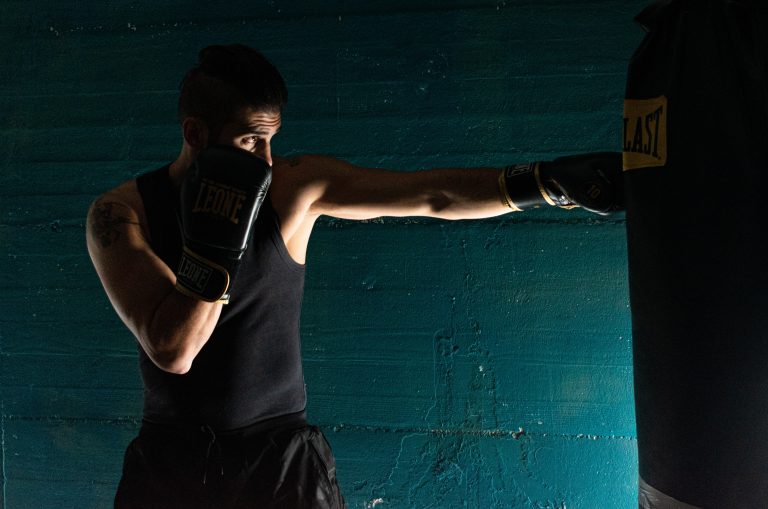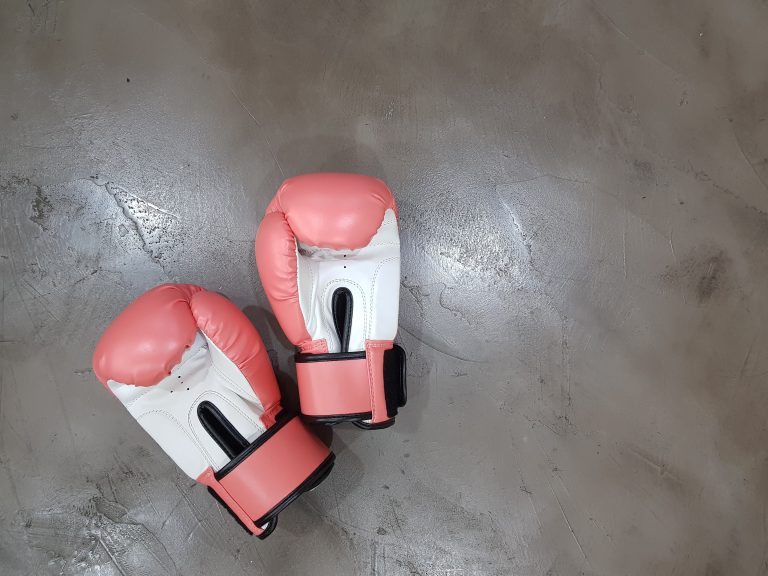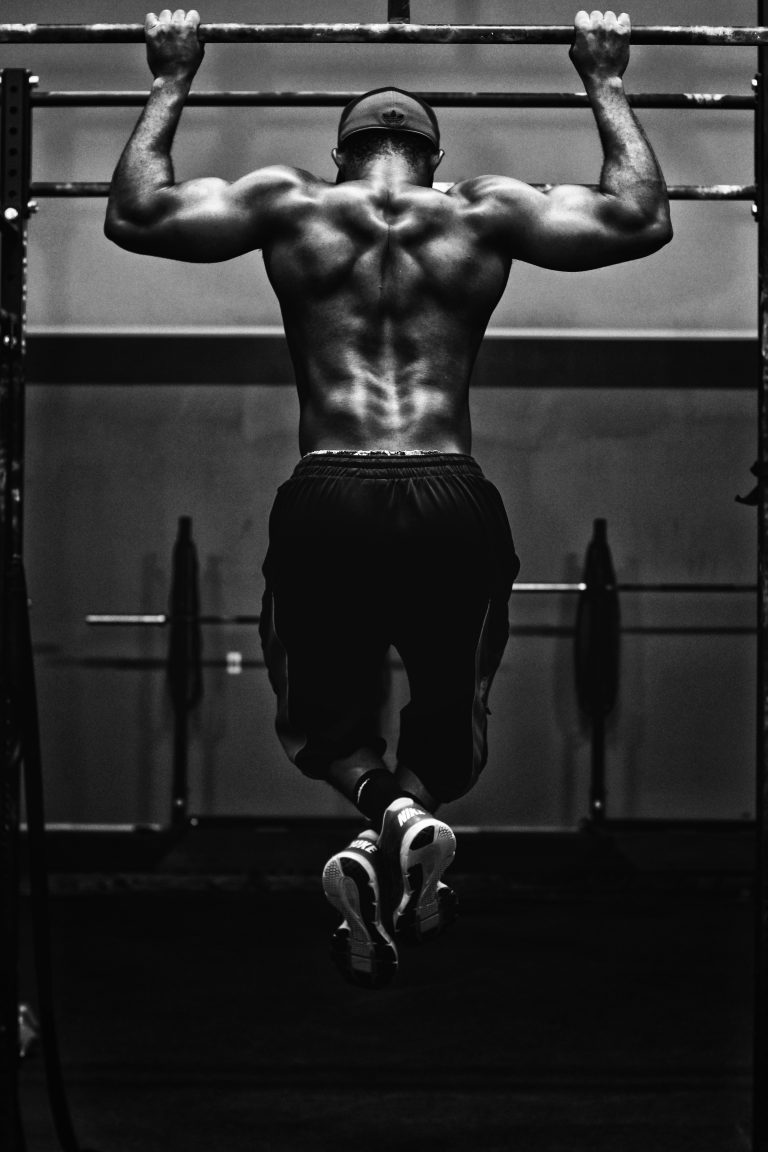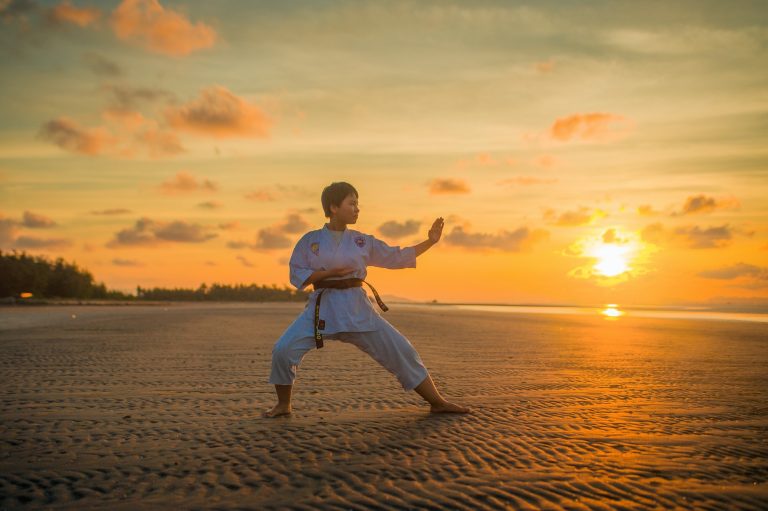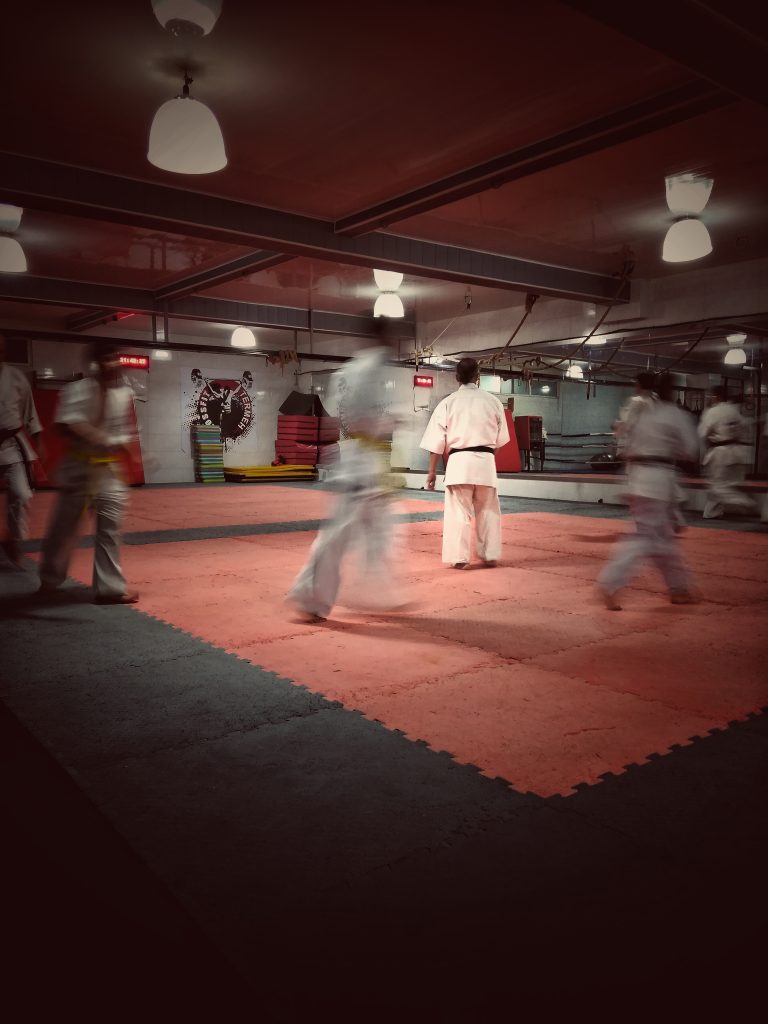Can You Learn Karate Without Combat Techniques?
Karate is a traditional Japanese martial art that has become popular worldwide. It involves striking, kicking, and grappling techniques that are used in self-defense or fighting. However, not everyone who practices karate is interested in learning the combat techniques. Some people are interested in the discipline, fitness, and mental benefits that karate brings. So, can you learn karate without combat techniques? Let’s find out.
Understanding Karate
Before we dive into the question, let’s understand what karate is all about. Karate is not just a physical activity but a way of life. It teaches its practitioners discipline, respect, perseverance, and humility. Karate training involves three main components:
Kata
Kata is a pre-arranged set of techniques that are performed in a specific sequence. It involves a series of movements that simulate a fight with imaginary opponents. Kata helps in developing muscle memory, balance, coordination, and breathing techniques.
Kumite
Kumite is a sparring practice that involves one-on-one combat with an opponent. The objective is to land clean strikes and kicks while avoiding getting hit. Kumite helps in developing timing, distance, speed, and footwork.
Kihon
Kihon refers to the basic techniques of karate. It involves practicing stances, blocks, punches, and kicks in a prescribed manner. Kihon helps in developing strength, flexibility, focus, and concentration.
Learning Karate Without Combat Techniques
Now coming back to the question, can you learn karate without combat techniques? The answer is yes. It is possible to practice karate without learning the combat techniques. For example, if you want to learn karate for fitness and mental benefits or to improve your flexibility and balance, you can focus on kata and kihon training.
Kata training involves performing a series of techniques that simulate a fight. You can practice kata on your own or with a partner. Kata training helps in developing flexibility, strength, balance, and coordination. It also improves mental focus, concentration, and relaxation.
Kihon training involves practicing basic karate techniques such as blocks, punches, and kicks. You can practice kihon on your own or with a partner. Kihon training helps in developing strength, flexibility, focus, and coordination.
The Benefits of Learning Karate Without Combat Techniques
Learning karate without combat techniques has many benefits. Let’s take a look at some of them.
Fitness
Karate training can help in improving your fitness level. Kata training involves continuous movements that can increase your heart rate, burn calories, and improve your endurance. Kihon training can help in developing strength, flexibility, and coordination.
Mental Health
Karate training can have a positive effect on your mental health. Kata training involves focusing on the movements, which can help in improving your concentration and mindfulness. Kihon training can help in reducing stress and improving your confidence.
Discipline
Karate training emphasizes discipline and respect. By practicing karate, you can learn self-discipline, which can help in other aspects of life as well.
Conclusion
In conclusion, learning karate without combat techniques is possible and can be beneficial for those who are interested in the mental and physical benefits of karate. Kata and kihon training can help in improving your fitness, mental health, and discipline. So if you want to learn karate without the combat techniques, go ahead and give it a try!
Can You Learn Karate Without Combat Techniques?
Karate is a form of martial art that originated in Okinawa, Japan. It is known for its use of striking techniques like kicks, punches and knee strikes. Karate also includes grappling and joint-locking techniques. Some people might wonder if it is possible to learn Karate without focusing on combat techniques. In this blog post, we will answer some of the most frequently asked questions about learning Karate without combat techniques.
What Are Combat Techniques in Karate?
Combat techniques in Karate typically include sparring, which is when two individuals engage in a mock combat scenario to simulate a real-life fight. Kumite is another term used for sparring in Karate. There are different types of kumite, such as ippon kumite, where one person attacks and the other person defends, or sanbon kumite, where both people alternate between attacking and defending.
Other combat techniques in Karate include Randori, which is a form of combat training that involves multiple attackers attacking one defender, and Goshinjutsu, which is a self-defense training that teaches individuals how to defend themselves against an attacker.
Is it Possible to Learn Karate Without Combat Techniques?
Yes, it is possible to learn Karate without focusing on combat techniques. Karate is not just about learning how to fight, but it is also about physical and mental development. Karate training provides numerous benefits such as improved physical health, flexibility, coordination, balance, self-discipline, and self-confidence.
Karate is not just an art of fighting, but it’s an art of self-expression, and you can learn it without engaging in combat training. You can learn kata, which is a series of movements that simulate self-defense situations. Kata is usually practiced alone or with a partner, where you simulate an actual combat scenario through movement.
What is Kata in Karate?
Kata is a sequence of movements that simulate self-defense situations. It is a series of predetermined movements that are performed in a specific order. Many Karate practitioners believe that kata is a crucial part of Karate training.
There are many different types of kata in Karate, each with its unique set of movements and techniques. Kata is usually practiced alone or with a partner, where you simulate an actual combat scenario through movement.
Kata helps in the development of balance, coordination, strength, and agility. It also helps in improving mental focus, concentration, and attention to detail. Practicing kata can bring improvements in overall performance in Karate.
What Are the Benefits of Learning Karate Without Combat Techniques?
There are a lot of benefits that come with learning Karate without focusing on combat techniques. Some of these benefits include:
- Improved Physical Health: Karate training usually involves a lot of physical activity, which can result in improved physical health, including cardiovascular fitness, flexibility, and strength.
- Improved Mental Health: Karate training can help to relieve stress and anxiety, and improve self-confidence and self-esteem.
- Improved Self-Discipline: Karate training requires a lot of discipline and self-control, which can translate into other areas of life.
- Improved Focus and Concentration: The practice of kata requires a lot of mental focus and attention to detail, which can improve overall concentration.
Can You Still Earn Belts Without Learning Combat Techniques?
Yes, it is possible to earn belts in Karate without learning combat techniques. In fact, many traditional Karate schools place a high value on kata, and it is not uncommon for someone to earn a black belt without engaging in much, if any, sparring.
That said, different schools have different requirements for belt promotion, and some may require some level of fighting proficiency before awarding the black belt. It’s essential to research each school’s requirements before joining and advance towards a particular belt.
Conclusion
Karate is a martial art that is not just about learning how to fight, but it is also about physical and mental development. While combat techniques are a crucial aspect of Karate, it is still possible to learn karate without focusing on them.
Kata is a form of Karate training that simulates self-defense scenarios through specific movements. It’s a beneficial way for beginners to start learning Karate and get familiar with the techniques. It’s also a good option for those who don’t want to engage in combat training.
In conclusion, Karate is not just a fighting art but also an art of self-expression, and there is much to gain from its practice. So, if you’re interested in learning karate, even without combat techniques, you can still achieve your goals and enjoy the many benefits that come with this ancient martial art.
Inhaltsverzeichnis

